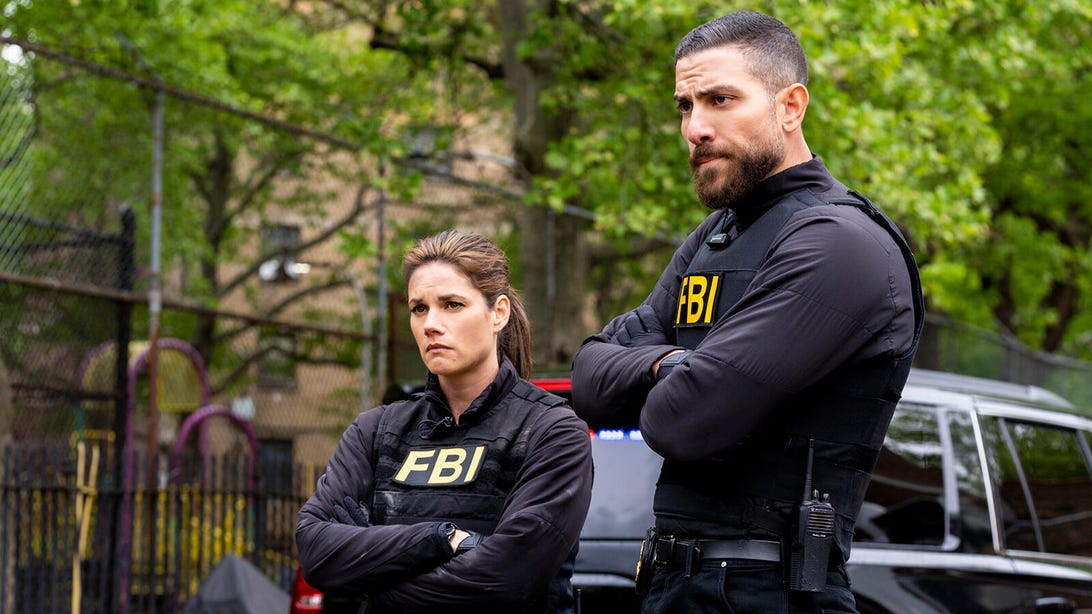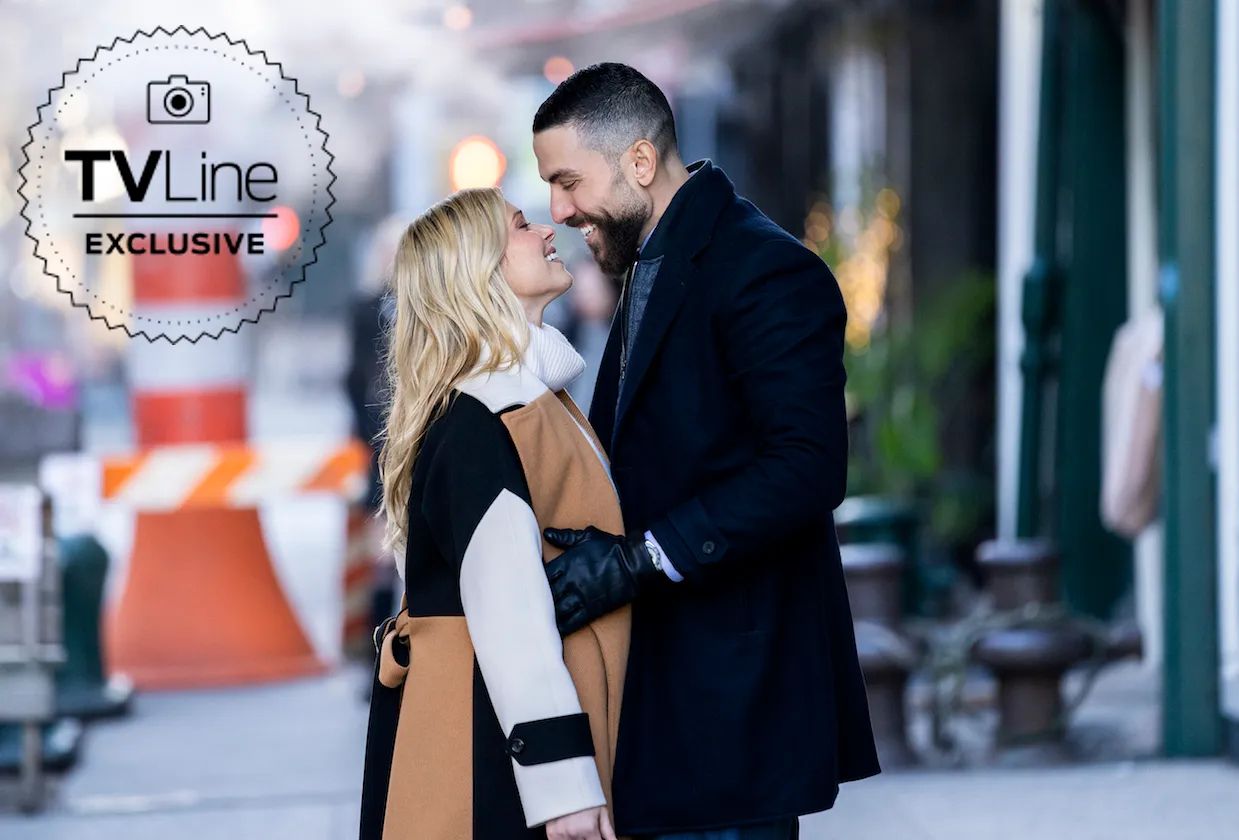
‘FBI’ Star on Importance of ‘Playing an Arab American Muslim as the Hero’
Prior to his role on CBS crime procedural “FBI,” Zeeko Zaki laments, he usually found himself in parts that perpetuated stereotypes about Arab Americans and Muslims. As Special Agent Omar Adom “O.A.” Zidan on the Dick Wolf-produced series, though, he is one of the few Arab American leading men on television, let alone broadcast. As such, Zaki hopes to change audiences’ perceptions of Arabs and Muslims.

Zaki: “The role was originally Latino and my manager thought it would look good for me to at least attempt, so he had me put it on tape without telling me whether or not they asked me to audition. So it was sort of unsolicited. I was like, ‘Maybe they thought I was Latino.’ They invited me to New York and put me on ‘Law & Order: SVU’s’ set to do a screen test. I got there and was the only one testing, and they changed the guy to be an Arab American. That was the moment where I was like, ‘We might have a shot at this.’ The rest is history. It was the first Arab American Muslim playing an Arab American Muslim as the hero on network. It’s an honor to have that chance be taken on me.
“I was able to fall back on my instincts for the character. It’s been a really fun journey to find the parts of me that I want to be in the character and the ones that I don’t. There’s a freedom to take chances, and there’s no wrong move as long as we’re honest on screen.

“[‘The Armorer’s Faith’] was kind of my ‘Mission: Impossible’ episode. It made the world bigger. As an actor, it’s exciting to get a meaty episode like that, and it adds a whole new layer to O.A. down the road. It’s like getting a treasure chest of information and lets you play things differently in the moment. Getting to do an episode with a little bit of a different flavor is really fun when you’re shooting constantly.
“It’s great how we’re portraying the race and religion of this character. We’re not shoving it down your throat. It’s just something that exists because it’s the reality of the situation. Normalizing it and making it not a big deal is reverse psychology on the audience, whether it’s in America or some parts of the world that feel a certain way about Arab American Muslims. Even if it’s in a TV show, those subconscious emotions can help change the narrative. If one person changes from going, ‘All Muslims are terrorists’ to ‘All Muslims are terrorists besides O.A.,’ there’s still a long way to go, but it’s something.

“The reaction of people who are picking up on exactly what we’re doing and how we’re trying to change the narrative with the representation on TV has been incredible. Arab American families are reaching out to me, saying, ‘We’re so excited to see this character,’ and how their kids have said in the past, ‘Why do all the people that look like us play bad guys?’ Now they have someone to look up to that looks like them. It’s something you don’t really realize isn’t there, until it’s there. It shows producers and writers that it’s OK to take those chances. We’re in an era right now where we’re re-creating old shows and movies, and it just feels like if we look at it in a different way, there might be a whole world of new stories that we can tell that people will respond well to.”
